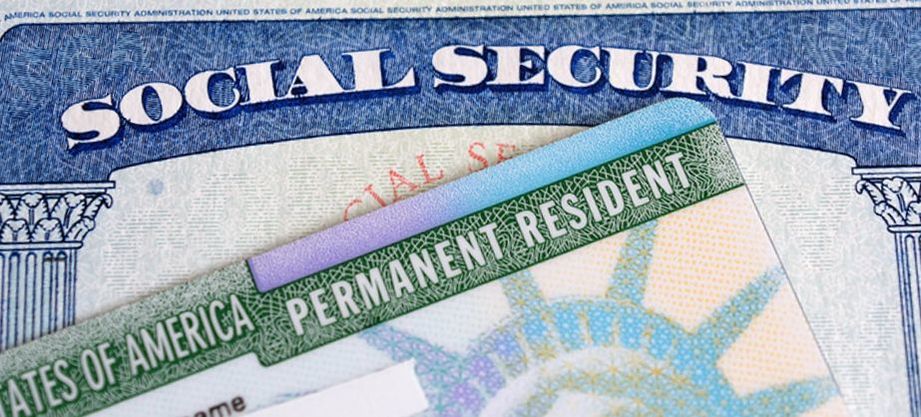HART will promote cohesive and consistent adjudicative operations, and its dedicated workforce will improve the quality and efficiency of our humanitarian caseload processing. This workforce will continue to receive the robust, specialized training currently provided to employees who are processing these forms. These applications and benefits affect the most vulnerable of noncitizens, and the opening of this service center will make a positive impact in the quality, timeliness, and scale of our humanitarian processing abilities.
After a review of USCIS processing times, we deemed that the greater focus should be provided to these humanitarian-based benefits, which led to the creation of the HART Service Center. With HART, we are taking action to improve our service in partnership with community groups. In fact, the creation of HART is partially the result of the feedback we have received from our partnership with stakeholders and community groups.
HART will initially exist as a hybrid service center, with virtual adjudication capabilities and coordination with existing service centers for certain administrative support. HART will ultimately transition to a 100% virtual service center with no geographic physical location, across multiple time zones. This center will be identified by the specialized work adjudicated by its staff and not by a brick-and-mortar facility or location.
HART will process both digital and paper-based applications and petitions and will partner with existing service centers to support physical onsite necessities such as file exchange and administrative support.
The HART Service Center will initially focus on the following case types:
- Form I-601A, Application for Provisional Unlawful Presence Waiver;
- Bona Fide Determination (BFD) for Form I-918, Petition for U Nonimmigrant Status;
- Form I-730, Refugee/Asylee Relative Petition; and
- VAWA-based Form I-360, Petition for Amerasian, Widow(er), or Special Immigrant.
The third phase of internal reassignments is currently in process, pending onboarding and training. On Feb. 28, HART was operational with 30% staffing levels and is currently staffed with 150 positions. Through this phased approach, HART will ultimately grow to 480 positions. Phase four is expected to begin in the coming weeks, with the posting of a public USCIS job notice that will seek to attract a pool of applicants from across the country with experience working with the vulnerable populations HART serves. Phase four hiring will focus on bringing staffing levels to 60%-85% of authorized positions by the end of FY 2023. We anticipate by the end of FY 2024, staffing levels will be at 95%-98% of authorized positions. These benchmarks will determine hiring and training which will ultimately establish HART as fully operational.
Customer Service: Existing customer service channels will continue to be operational during this transition. Customer Service inquires for HART will be supported by the existing service centers.
Address Changes: Address changes for VAWA-based Form I-360 and Form I-918 BFD will continue to be sent to the Vermont Service Center physical address for processing per the instructions on our website at uscis.gov/addresschange.
Inquiries from Attorney and Accredited Representatives: Attorneys and accredited representatives may send inquiries to the same email boxes they have historically used, as these email addresses are not changing. Unrepresented petitioners and applicants may send signed written inquires/requests for biometrics appointments, including a new date/time or location, to the physical address found on our website.
Filing Instructions: The transition to HART will not affect current filing instructions. Please continue to follow the filing instructions as indicated in the “where to file” section on each form type’s webpage. Any future changes to filing locations will be posted on webpages for each form and announced via alerts. To register for alerts and updates, please visit: uscis.gov/news/alerts.
Since 2005, our office is helping clients with VAWA humanitarian cases. To contact an attorney, please email us.
С 2005 года мы помогаем нашим клиентам получить грин карты самостоятельно через гуманитарную петицию ВАВА. Обращайтесь за помощью по емейл.











 RSS Feed
RSS Feed